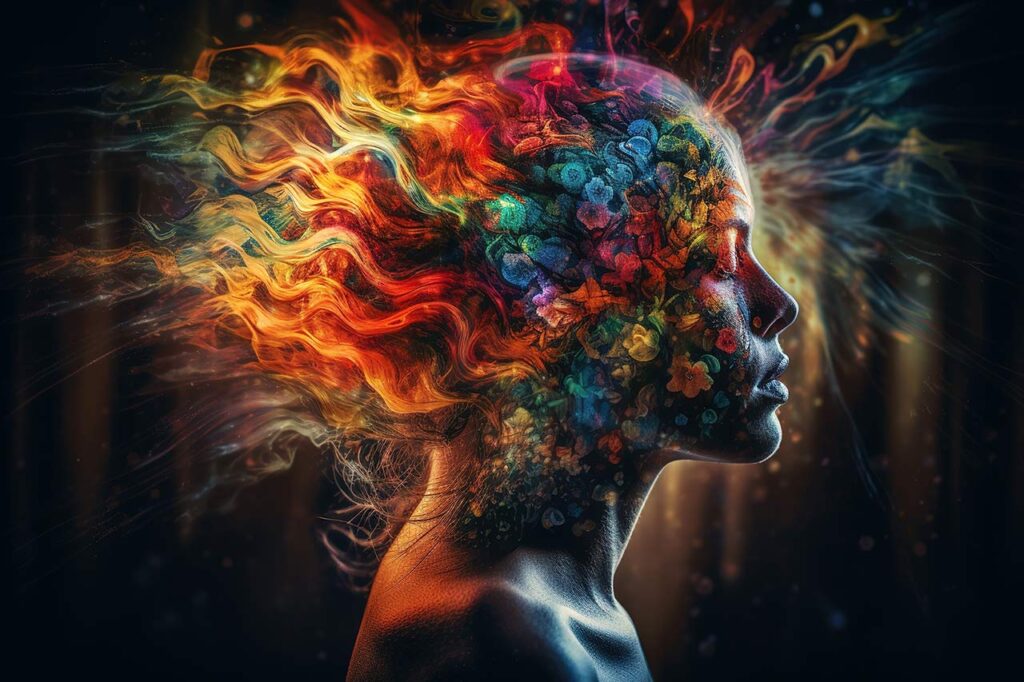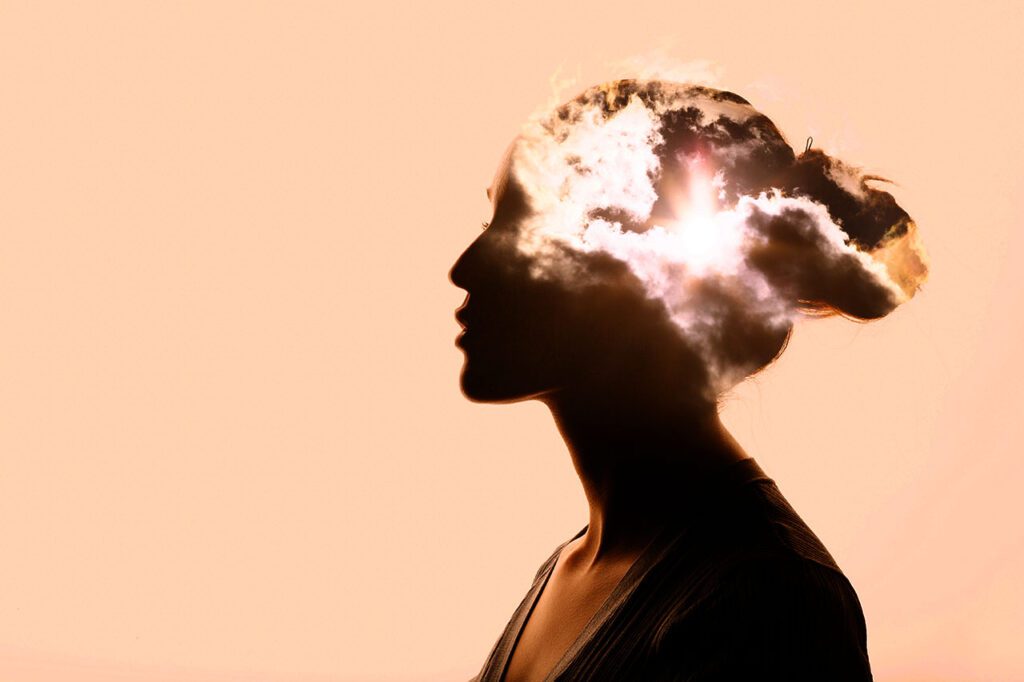Education and Resources
Stay informed with curated articles from credible sources, the latest research, and resources in English and Spanish. Explore the latest advancements in mental health and learn how psychedelic therapies are transforming lives.

Tools
Know Yourself: Quizzes to self-assess your mental wellness
These self-evaluation questionnaires are developed by agencies and institutes that specialize in mental conditions. The quizzes are fast, easy to understand and designed to give you a general idea of your level of mental health and function in the area denoted by the quiz. If you find you may be suffering from a condition, further assessment by a professional is the next step. Well done, you’ve taken the first step on your path to wellness.
Depression is extreme sadness or despair that lasts more than a few days. It interferes with the activities of daily life and can cause physical symptoms such as pain, weight loss or gain, sleeping pattern disruptions, or lack of energy. Things that used to be pleasurable may no longer be.
People with depression may also experience an inability to concentrate, feelings of worthlessness or excessive guilt, and recurrent thoughts of death or suicide. Around 1 in 10 people experience depression in their lifetime and women are more likely to suffer from it than men.
Source: apa.org
Anxiety is an emotion characterized by feelings of tension, worried thoughts, and physical changes like increased blood pressure. People with anxiety disorders usually have recurring intrusive thoughts or concerns. They may avoid certain situations out of worry, for example eye contact with others, or leaving their house. They may also have physical symptoms such as sweating, trembling, dizziness, rapid heartbeat or panic attacks.
Anxiety is not the same as fear; it is considered a future-oriented, long-acting response broadly focused on a perceived threat whereas fear is focused on a specific, present threat. Anxiety is fear of “what could happen”. It can be generalized (overall state of worry and unease) or specific (phobias, social anxiety). STATS
Source: apa.org
Posttraumatic stress disorder (PTSD) may develop in some people after extremely traumatic events, such as combat, a terrorist attack, crime, an accident, or a natural disaster.
People with PTSD may relive the trauma in painful recollections, flashbacks, or recurrent dreams or nightmares. They may avoid activities or places that recall the traumatic event. PTSD sufferers may experience symptoms such as an exaggerated startle response, disturbed sleep, difficulty in concentrating or remembering, and guilt about surviving the trauma when others did not.
Source: apa.org
Bipolar disorder is marked by dramatic shifts in mood, energy, and activity levels, and typically causes people to swing between intense episodes of mania and depression. Manic periods may be characterized by excessive energy, positive mood, fast talking, reckless or impulsive behavior (shopping sprees, fast driving), overconfidence and racing thoughts. Depression symptoms may include low energy, low self esteem, prolonged sadness, suicidal thoughts, changes in eating or sleeping habits (too much or too little) and lack of motivation or joy. People suffering from bipolar disorder will swing from one state to the other over time.
Source: apa.org
Attention-deficit/hyperactivity disorder (ADHD) is marked by an ongoing pattern of inattention and/or hyperactivity-impulsivity that interferes with functioning or development.
The 3 categories of symptoms of ADHD include the following:
- Inattention: Short attention span for age (difficulty sustaining attention) Difficulty listening to others. Poor task completion and disorganized.
- Impulsivity: Often interrupts others, fidgets, taps, leaves seat (when expected to stay), blurts things out.
- Hyperactivity: Seems to be in constant motion; runs or climbs, at times with no apparent goal except motion.
Source: add.org
Eating disorders are characterized by severe and persistent disturbance in eating behaviors, with associated distressing thoughts and emotions. They can be very serious, affecting physical, psychological and social function. Types of eating disorders include anorexia nervosa, bulimia nervosa among others and they most commonly affect females between 12 and 35 years old, They often co-occur with mood disorders, OCD and other mental health conditions.
Source: psychiatry.org
Substance use disorder (SUD) is a treatable mental disorder that affects a person’s brain and behavior, leading to their inability to control their use of substances like legal or illegal drugs, alcohol, or medications.
Substance use may impair a person’s ability to fulfill major obligations at work, school, or home. A person with a substance use disorder will continue use of the substance despite it causing significant social or interpersonal problems. There may also be a reduction of recreational, social, or occupational activities because of substance use.
Source: psychiatry.org
Autism spectrum disorder (ASD) is a complex developmental condition involving persistent challenges with social communication, restricted interests, and repetitive behavior. While autism is considered a lifelong disorder, the degree of impairment in functioning because of these challenges varies between individuals with autism.
Social communication deficits may include:
- Difficulty appreciating their own & others’ emotions
- Aversion to eye contact
- Lack of proficiency with use of non-verbal gestures
- Stilted or scripted speech
- Interpreting abstract ideas literally
- Difficulty making friends or keeping them
Restricted interests and repetitive behaviors may include:
- Inflexibility of behavior, extreme difficulty coping with change
- Being overly focused on niche subjects to the exclusion of others
- Sensory hypersensitivity, e.g., aversion to loud noises
- Movements such as hand flapping, rocking, spinning
- Arranging things, often toys, in a very particular manner
Source: psychiatry.org

Articles
Discover carefully curated articles, the latest news, and empowering readings, all rooted in rigorous research.
Unite for Healing: Your Contribution, Puerto Rico's Transformation.
Embark on a journey of transformation with the Pravan Foundation. Your generous donation becomes a beacon of hope, illuminating the path to mental wellness for countless individuals in Puerto Rico. Together, let’s break down barriers, ushering in a new era of mental health and well-being.
Make a difference today – your contribution is the cornerstone of change, healing, and renewed hope across the island. Join us, and be the change that Puerto Rico needs. Unite for healing, unite for transformation, unite for a brighter tomorrow.




